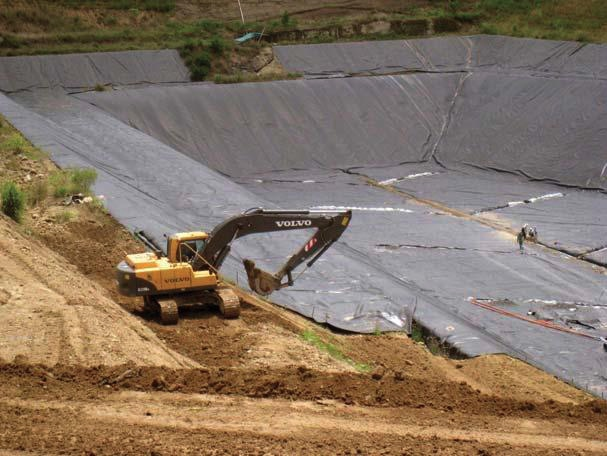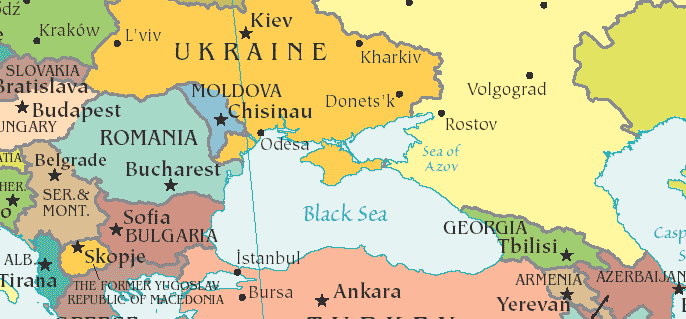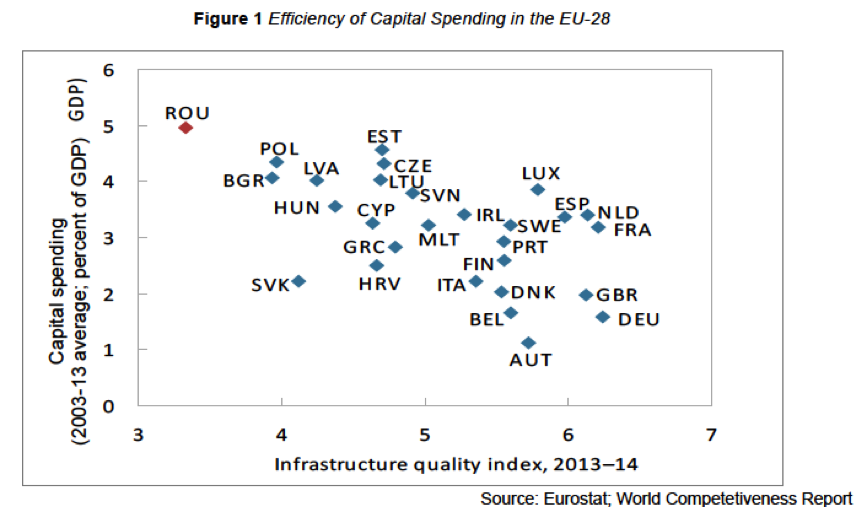PPP: past, presence and prospects
 Public Private Partnership in infrastructure development divides politicians, economists and social scientists, as well. The recent hostility towards PPPs could be reversed by introducing new fiscal rules and regulatory techniques. However, these public financial management methods will work only if the political and governance environment is able to use them effectively. Read more… (Gábor Péteri)
Public Private Partnership in infrastructure development divides politicians, economists and social scientists, as well. The recent hostility towards PPPs could be reversed by introducing new fiscal rules and regulatory techniques. However, these public financial management methods will work only if the political and governance environment is able to use them effectively. Read more… (Gábor Péteri)





_c%C3%ADmlapra.jpg) In Asian countries, contracting out public services to Non-Governmental Organization (NGO) has been recognized as usual practice to support government function. This study found that their contractual agreement with the government strikes the nature of NGO as self-governing institutions, non-profit orientation, and independency.
In Asian countries, contracting out public services to Non-Governmental Organization (NGO) has been recognized as usual practice to support government function. This study found that their contractual agreement with the government strikes the nature of NGO as self-governing institutions, non-profit orientation, and independency.